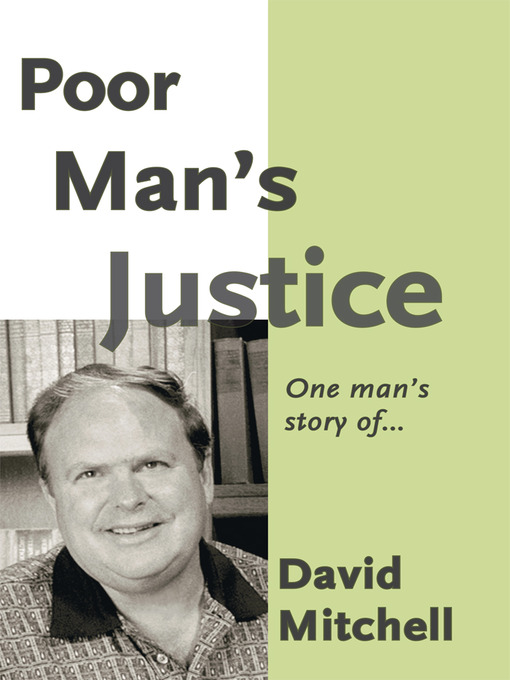"
Preface
In recent years the modern media has been shining a light on our public courtrooms. Sensational stories of greed and betrayal, murder and mystery captivate us as we are taken on inquisitive voyages through the legal process. We have seen how individual wealth can be a great equalizer against any publicly-funded judicial system. We have watched defense attorneys and prosecutors clamor for attention and notoriety on a number of cases. And while some may disagree with the public display our legal system is subject to, the unbridled scrutiny of the process has enhanced the level of fairness brought to these particular cases. To that extent, we should applaud the television pundits who regularly keep us abreast with checks and balances.
The fact is, what society is watching, and sometimes engaging in during these debates, is justice, just as it is administered in our criminal and civil courtrooms every day. Desensitization of the public, achieved through dehumanization and degradation of an accused or accuser, is a common strategy that is routinely practiced throughout our judicial process.
Whenever I find myself watching these intriguing debates, I always hear someone talk about due process. But when I found myself entangled in the justice system, absent any public scrutiny and without any means to pay for a defense, I discovered due process was not always present. And when it was not present, it was only replaced with one thing, undue process, or what I call poor man's justice.
Poor Man's Justice is a true story that takes the reader behind the closed doors of Canada's justice system. Unlike most true crime stories, this story is not about guilt or innocence. Instead, it shows the aftermath of sentencing, when a man who admitted guilt to the crime for which he is in jail, must struggle with a court, correctional, and parole process that punishes him for crimes he never committed, manipulating him emotionally and giving him no opportunity to confront his accusers and clear his name.
Poor Man's Justice raises a multitude of questions: What should happen when the justice system crosses the line into abusive behavior? Where does the responsibility for this abuse rest?
Why is there a lack of accountability in our courts, the Correctional Service of Canada and the parole process?
The strength and stature of a society are heightened when that society demonstrates a willingness to protect all of its citizens. To achieve this, it needs a judicial process that will look after victims' rights, while ensuring that the legal and civil rights of accused and incarcerated citizens are maintained.
So when a justice system abandons the fairness that should accompany due process, and instead tilts towards a better-safe-than-sorry philosophy, society quickly finds itself debating the meaning of the word justice, which spawns a multitude of questions. What's right? What's wrong? What's fair? What's just? Who wins and who loses?
Poor Man's Justice illustrates the unfairness that has accompanied a slow and deliberate dismantling of due process in Canada's legal system. It is my hope that this book will help turn that tide and aid society as it searches for answers and directions that will protect the legal, civil, and human rights of all its citizens.

